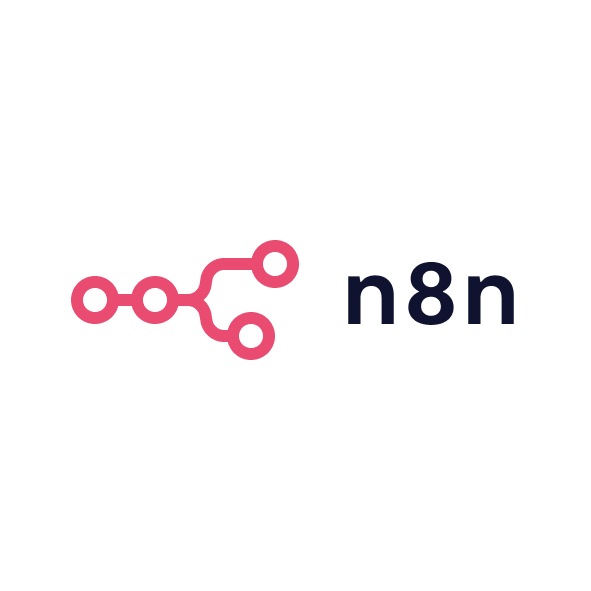What sets Unbounce apart
Unbounce launched in 2009 with a clear mission: give marketers direct control over landing pages without developer dependency. It still delivers on that promise today, pairing a drag-and-drop editor with conversion-centred templates. The result is a workflow where a page can move from concept to live URL within hours. For B2B teams running paid or email campaigns, that agility removes the usual bottlenecks. You spend more time testing offers and less time chasing code updates.
Key features that accelerate campaigns
Unbounce’s Smart Builder proposes layouts based on your goal and industry, trimming design time further. Smart Traffic then uses machine learning to steer each visitor to the variant most likely to convert, lifting results after about fifty visits. Dynamic text replacement keeps message match tight by swapping headings to mirror ad keywords, which raises relevance scores in Google Ads. Native integrations with HubSpot, Salesforce and dozens of email tools mean captured leads flow straight into your funnel. Together these features turn Unbounce into a rapid-test engine rather than a static page creator.
Why speed equals revenue
Paid channels reward quick iteration. If your cost per click is high, every wasted day on an underperforming page drains budget. Unbounce lets you launch, learn and relaunch in the same week, compressing feedback loops. Faster testing surfaces winning messages sooner, allowing you to scale spend with confidence. Over a quarter those small uplifts compound into meaningful pipeline growth. In short, time saved in production becomes money earned in acquisition efficiency.
Where Unbounce fits in your stack
Think of Unbounce as a specialist tool that sits alongside, not inside, your main website. It excels when you need focused, campaign-specific destinations that will be retired or refreshed often. Full-site platforms like Webflow or WordPress handle long-lived pages such as product or resource hubs. Unbounce is the sprint runner for promotional pushes: webinars, paid search offers, event sign-ups and gated assets. Because pages can be published on sub-directories or sub-domains, user experience stays seamless while marketing keeps its freedom to move fast.
Getting the most from Unbounce
Start by cloning a high-performing template and limit edits to copy, imagery and brand colours so you can launch within a day. Set up integrations and analytics before driving traffic to avoid data gaps. Run simple copy or offer tests first; design tweaks usually matter less than message clarity. Review Smart Traffic reports weekly to see if personalisation gains hold. Finally, archive inactive pages each quarter to keep the workspace tidy and performance high. Follow these habits and Unbounce will remain your quickest route from idea to validated campaign, preserving both budget and bandwidth while feeding richer insights back into your broader marketing strategy.










